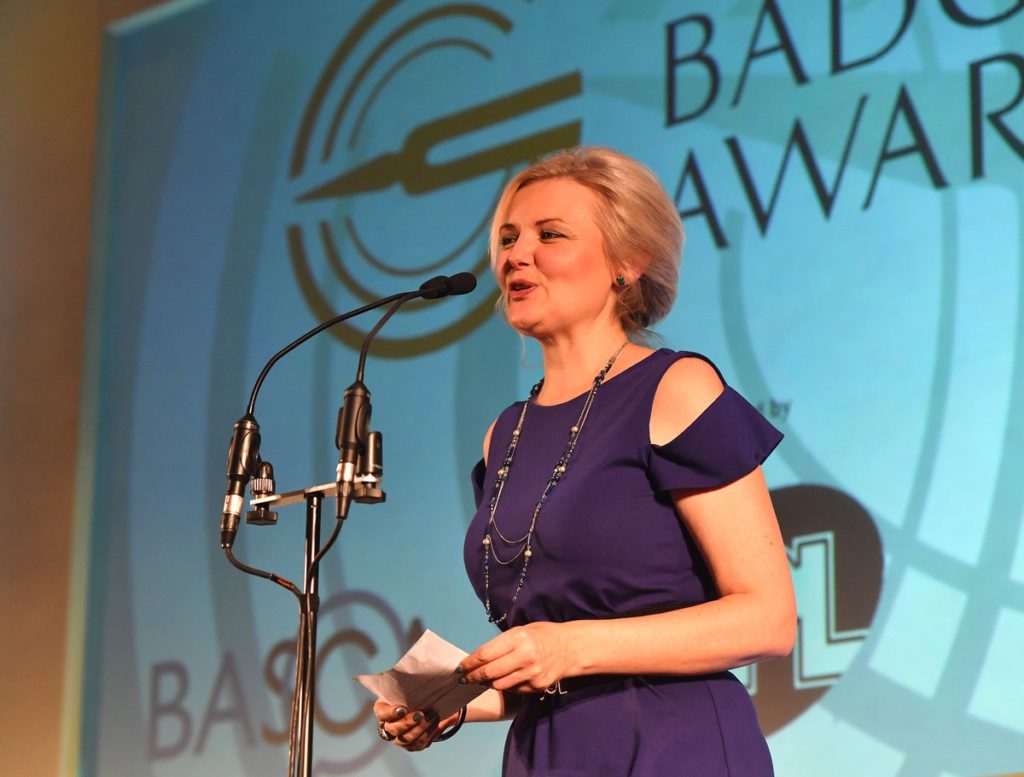As you must’ve seen from the title we to dived into quite a sensitive issue for this episode - I’m talking about the gender pay gap in the music industry.
The gender wage gap, in general, refers to the difference in earnings between women and men, and for some reason, on average women in virtually every country are paid less than men. This is quite a complex issue linked to politics, economics, and even sociology… and there is a range of variables in play that make it tough to answer - why are women paid less than men?
However, in the music industry it takes on a completely different form and that’s what we’ll discover in this episode. I recently wrote an article called How These 5 Factors Contribute to the Gender Pay Gap In The Music Industry. And for the piece, I also interviewed 5 women who gave their perspectives on the matter. Hearing their stories truly accentuated that we don’t only have a pay gap, but we still have a long way to go when it comes to the treatment of women in the music industry in general. I also recommend you reading the piece created by my colleague Nora on the challenges women producers face.
For this episode we invited Vick Bain who is a campaigner for women in music through researching, training, presenting & consulting on all aspects of diversity in creative industries. Vick Bain has extensive experience in the music industry as she was the CEO for the BASCA (British Academy for Songwriters, Composers, and Authors), she sat on the UK music board, the UK rights committee, and the UK Music Diversity Taskforce - and the ones I mentioned are only a few of the boards shes been in. Now she works as a freelance music industry consultant, a curator of the F-List, a director of an organization called Pipa, and she’s a director of an exciting music-tech start up called Delic. I can’t neglect to mention that she was enrolled into BBC Radio 4’s Women's Hour Powerlist in 2018.
You can stream this episode, follow/support and explore and all others on most major Podcast platforms here.
Stay up to date.
New music and exclusive updates in your inbox weekly.
There was actually a study she published called “Counting The Music Industry” and we’ll link that in the description. Essentially it’s a gender audit of over 300 labels and music publishing companies that uncovers how the UK music industry supports men, compared to how it supports women. In the report, various topics are covered including the gender pay gap.
She was THE person I wanted to have as a guest for this episode in particular, and I’m super thankful she joined. You'll not only find the episode but some of the top 5 highlights of the episode too.
[11:12] On her experience as CEO at BASCA (British Academy for Songwriters, Composers, and Authors)
Working in that world, which was primarily composers and songwriters... It did become very apparent to me it was very, very male-dominated. And in fact, it was very white male middle-class dominant. When I arrived to 2012, there wasn't a lot of data or statistics to really articulate what I was experiencing. So I did a bit of research, which was published in 2012 about employers' attitudes to equality and diversity. And that sort of set fire to my interest in that area. And so when I became CEO at a later stage, I commissioned a bit more research and also did some number crunching and found out not more than about 20% of the people that were part of the membership were female.
And that just really fascinated me. Well, why was that? Is there anything that we could be doing about that? So my whole time as CEO, I was always talking about diversity issues, but always encouraging women to participate and to get involved in the committees and so on.

[14:30] On her report “Counting the Music Industry” and the hardest part about writing it
Getting started to be honest. It was something I had tried to do while I was still at BASCA, but it was such a big piece of work.I didn't really have time, so it wasn't until I had left. And it was sort of the six months before I started my PhD. It was an astonishing amount of work, but I just knew I had to do it because it would tell a really interesting story.
Nobody had looked through the rosters of publishing companies and labels for a report like this in any territory because it's very labor-intensive. I think it was about 313 labels and it was systematically going through everything. And also analyzing how many women were signed and if they were financially supported. Identifying all of the members of the band took quite a lot of research as well - to go Wikipedia, Discogs, various databases to really, to really get in and try. So, yes, it was a lot of very labor, intensive research, but I knew as I was worth it.
[26:44] Why companies don’t promote women in the upper echelons of the organization
It's definitely multifaceted you know, organizations are male-dominated and tend to reward and promote people who look like them. We all recruit in our own image, that sort of unconscious bias is something managers and recruiters should be absolutely aware of. Then there's research as well, which shows that appraisal systems and reward systems are very gendered. Be they men or women tend to have stereotypes. And it tends to be the stereotype of the middle-class white man. Throughout organizations, the higher you go up in the pyramid it becomes a woman-free zone, especially at the board level.

[29:50] On how women leaders are treated compared to men
So you're talking about real stereotypes about leadership qualities... So the typical leadership qualities are essentially seen as male. To be, to be confident, be agentic, to be in control. All of these things are really linked as male characteristics. And so if a woman displays them, she's seen as a sort of breaking her gender rules. So she's punished. She is seen as you said, maybe a bit, bossy, she's seen as cold, and that will, that will create a bit of a backlash.
So women in leadership positions have to do this dance, this crazy dance between being assertive and in control. But not being hated by being warm and a bit nice because those are feminine qualities, but you have to be in charge and make tough decisions as well. And that dance is very difficult for a lot of women to do so. Yeah. It's yes, it is something that I've experienced.
[40:35] On the motherhood penalty
These structures act as barriers if you have children as a woman. We have a reasonably equal society now in terms of education, but as soon we have children we go all the way back to the 1950s. And the number of women who said that to me during COVID, when it was majoritively women who were taking on those caring responsibilities as well was crazy. How do we balance Dual burden?
How do we balance this with our caring responsibilities? Who is the person who has to pick the children up from school at quarter past three every day? What does that do to your career? So women tend to move into part-time jobs or flexi working, or self-employment when they have children because a lot of employers are just, not understanding or supportive enough to allow women to keep their career status and job titles and pay structures when they move into these sorts of roles. So it's a really tricky balance for women, and this can be addressed but we need not just, more enlightened employers but far better government support.







